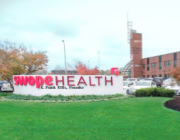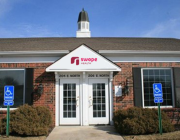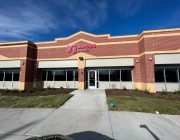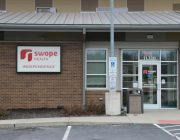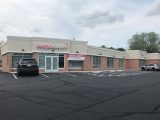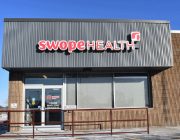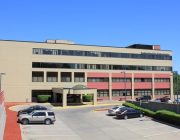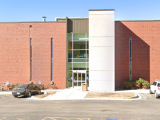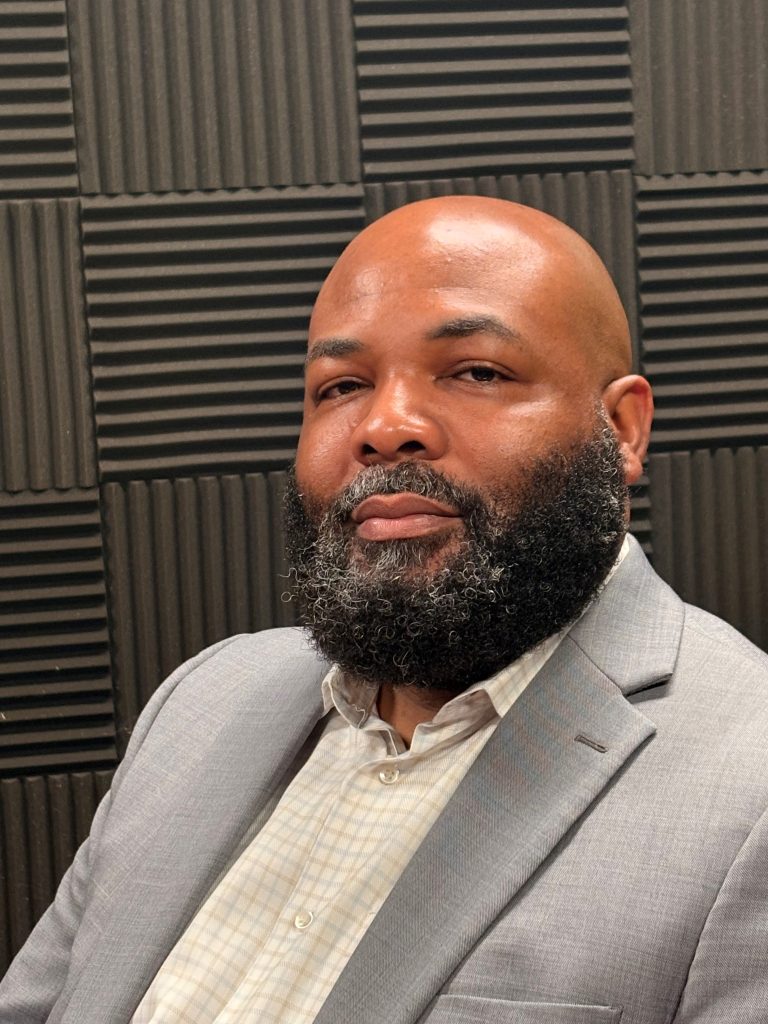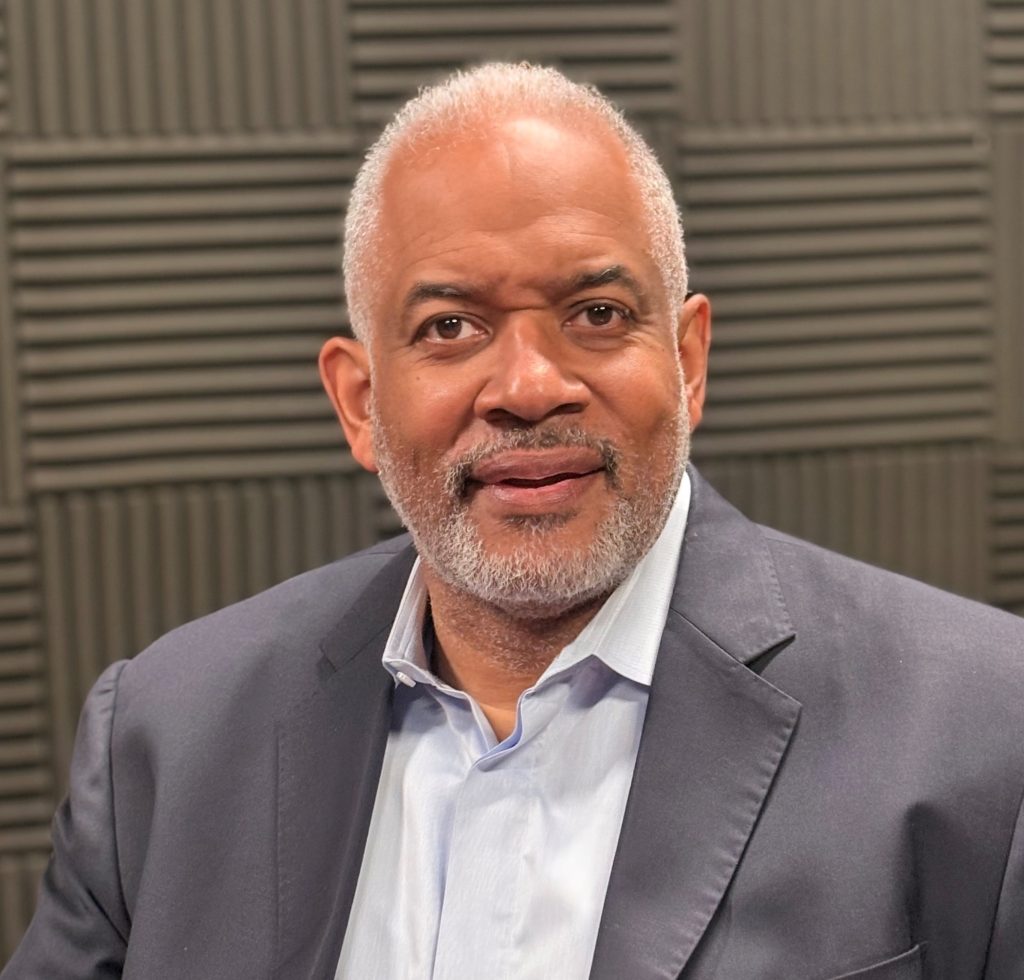Swope Health announces a new edition of its podcast, One on One with Swope Health, featuring a conversation with Dion Lewis, deputy director of Housing and Community Development for the City of Kansas City, Mo.
Eric Wesson, founder and publisher of The Next Page KC, a newspaper focused on the Black community, hosts the show’s conversations with Kansas Citians about issues of importance to the community’s health and wellbeing.
Lewis briefly recaps his education in Kansas City, attending Kansas City Public Schools and schools in Hickman Mills before graduating from Raytown South. He began his career in the Air Force, then worked in teaching at Ruskin Heights, real estate, and then workforce and community development through a Kansas City partnership program.
Lewis describes himself as “always having a customer mindset first,” he works to educate people on city processes – whether that’s gaining MBE/WBE certification or other steps toward compliance and successful urban development processes. He sees progress in streamlining city processes and making sure ideas grow into actual projects and developments through the Central City Economic Development program, a 1/8th cent tax to raise funds for urban development,
One example of a successful and important project, he noted, is the KD Academy Early Learning Center, a 24-hour child care facility in the urban core.
He notes there remains a demand for housing for seniors, despite the many housing developments in Downtown, the Crossroads, and the 18th and Vine entertainment areas.
Lewis is a supporter of the Central City Economic Development project, which will soon come up for renewal. He notes that the CCED program is operating much more efficiently and smoothly now, acknowledging a slow start with the many processes and procedures. He says, again, customer service is a key to helping improve the processes since 2022.
“It is not only important that we renew it but that we expand it,” he said. “We are still missing some areas that are in critical need, especially going out to the Fifth District.” He said he looks forward to showing the impacts of the CCED program in the community. For example, the Emmanuel Family and Child Development Center has completed one project and is now launching into phase two, a program for Science-Technology-Engineering-Math education.
Regarding the need for affordable housing, Lewis noted the emphasis is focused on the most vulnerable population – those with income below 60 percent of the average median income. Lewis cited a number of programs supporting housing creation and preservation, transitional housing, affordable home ownership and wrap-around services.
Lewis argues that the city is making a dent in the homeless issue, including with transitional housing and affordable housing.
“We have found ways to provide technical assistance, education, customer service. We’ve grown in those areas.” While there’s still criticism of the city’s bureaucratic processes, Lewis sees continuing focus on new ways to achieve efficiency and speed up the processes, with accountability.
Lewis noted the intentional cross-over between departments, reducing the need for multiple touchpoints in separate encounters. He also emphasizes the customer focus of providing development assistance and streamlining application processes.
The result, he said, is 90 percent of CCED projects fully contracted and moving forward – up from a low of 20 percent at the start.
Listen to the full conversation here: https://youtu.be/Qk6AAhKuR5I

